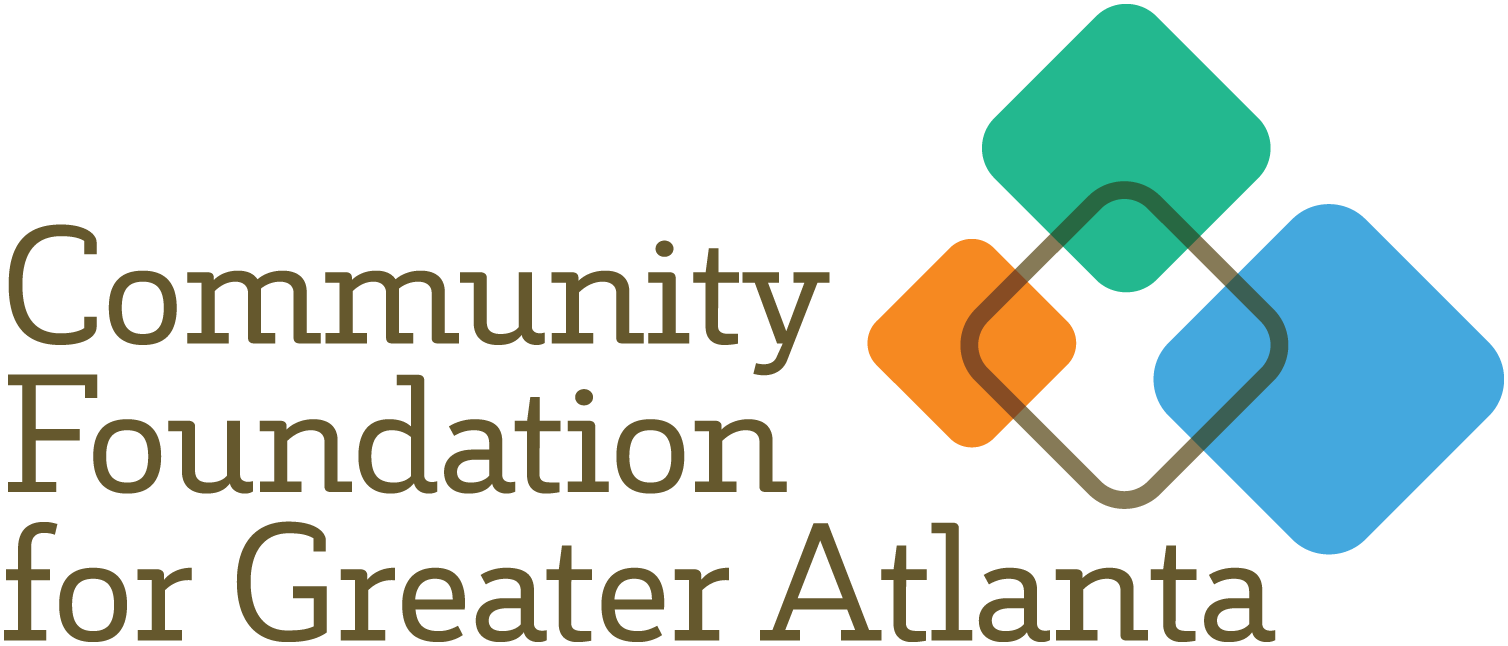In 2016, the Community Foundation for Greater Atlanta launched Impact Areas with measurable objectives as a way to focus our financial, partnership and advocacy investments in the Atlanta region. As a starting point for future trend analysis, we have created an Impact Area dashboard that captures baseline values. The following narrative, drafted by Valerie Cox, our Community Development Impact Area lead, provides analysis and commentary of that data. The full set of metrics, in addition to all demographic and socioeconomic variables, can be found on the Foundation’s dashboard.
Community Development
Valerie Cox, program officer
Metro Atlanta is considered the economic engine of the American South and is proud of its rich legacy of civic activism, social innovation and tree-lined cityscape. It is a diverse region and struggles to equitably manage its growth resulting in low-income resident displacement, underemployment and a heated political environment. Atlanta is also a region of both remarkable wealth and tremendous poverty – claiming some of the highest levels of income inequality in the country, which is reflected in the Foundation’s Impact metrics.
Metro Atlanta’s workers are experiencing decreases in annual median wages. However, the region is seeing an increase in high skills job opportunities. Many of these new jobs are not accessible to the current workforce due to a technical and soft skills gap. The Foundation will support initiatives that empower and train residents with relevant skills to fill these higher wage positions through cross-sector partnerships, public policy efforts and community leadership.
While a focus on workforce development will address some of the region’s income inequality issues, the data shows that regional residents are significantly cost-burdened by housing with 37% of households spending more than 30% of their annual income on housing. This is particularly true inside Atlanta city limits, driving low-income families into the suburbs and contributing to the region’s rapidly growing levels of suburban poverty. And, while 94% of residents report access to a vehicle, the hidden burden of living further away is increased costs of vehicle ownership. These factors combined make the overall cost of living in the region exceed the recommended 30% of total household budget.
The Foundation is committed to affordable housing and recognizes the critical interplay between stable housing and other impact metrics. Rising housing costs indicate a need for a comprehensive, thoughtful approach, at the municipal level and across the region. The Foundation will focus on public policy efforts and partnerships to advance housing that benefits low-income residents, on innovative financing to maintain existing units and expand new opportunities.
Metro Atlanta residents are committed to taking care of each other. The data shows that more than 50% of residents report being somewhat or highly involved in the community across a spectrum of activities. This is best reflected in the record-breaking 2016 turnout of registered voters in the state of Georgia. The Foundation will support innovative approaches to furthering constructive community conversations, advancing opportunities to increase knowledge and providing platforms for public will to address community inequities.
Categories
- Arts, Culture and Creative Enterprises6
- Book Club26
- Community108
- COVID-1934
- Donor Stories39
- Events30
- Great Grant Stories62
- Higher Ground168
- Housing and Neighborhoods14
- Impact Investing28
- Income and Wealth12
- Media22
- News158
- Nonprofits25
- Philanthropic Resources131
- Place-focused6
- Power and Leadership8
- Press Releases99
- Publications62
- TogetherATL21
- Uncategorized336
